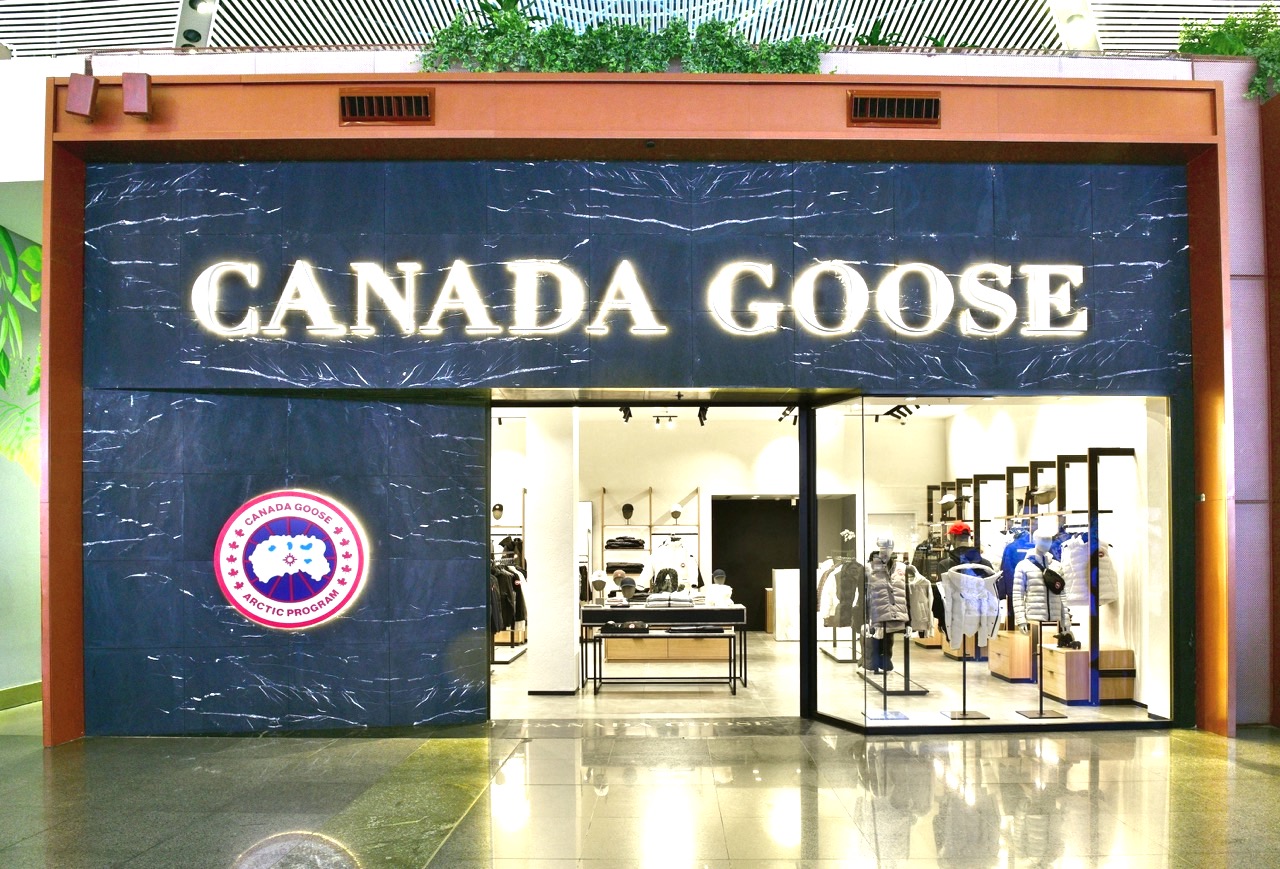GERMANY/SPAIN. Leading travel retailer Gebr. Heinemann has withdrawn from the duty free tender process at Spain’s airports, saying it does not correspond with the contractual ‘red lines’ it defined during the pandemic.
In response, airports company Aena said that its duty “is to look after the interests of their shareholders and passengers” and that “it is not up to us to assess the business decisions of the operators”. More Aena reaction appears below.
As we reported previously, ten major travel retail groups expressed initial interest in bidding for the duty free contracts covering 27 Spanish airports and then qualified for the next stage. Candidates must now submit their bids by the 3 May deadline.
Qualified bidders included incumbent Dufry plus Gebr. Heinemann, Lagardère Travel Retail, Aer Rianta International and Setur Duty Free of Türkiye, alongside China Duty Free Group, Hotel Shilla (parent of The Shilla Duty Free), Bahrain Duty Free, GMR Airports of India, and UETA (controlled by Duty Free Americas).

Gebr. Heinemann said it told airports company Aena of its decision on 22 February not to submit a bid, after what it called “a thorough examination of the contract under discussion and an intensive conception phase”.
“We appreciate the very professional tendering process that Aena carries out. But it does not correspond with the red lines we defined during the pandemic and which we are not willing to cross,” said Co-CEO Raoul Spanger. [Click here for our original story from 2021 on Heinemann’s ‘red lines’.]
“Gebr. Heinemann stands for long-term partnerships on equal footing,” added Chief Sales Officer Florian Seidel. “Our goal with all partners is to put together the best possible offer for all parties involved – for the airport, for us and also for the traveller. An imbalance at one end of this triangle is not in line with our corporate goals.”
Another aspect in the decision-making process, said Gebr. Heinemann, was its updated positioning through a new mission statement introduced in 2021.
“We have made it our vision to turn travel time into valuable time. We promise travellers a spectacular assortment, activating price advantages and unforgettable experiences,” said Seidel.
“To make this a travel experience in our shops, we also need the flexibility to test different measures. We firmly believe in our business model and in our industry, and that is precisely why we want to invest courageously in innovative formats – time, space and money.”

Gebr. Heinemann noted that it manages stores and distributes goods across multiple channels and formats.
“Our unique selling point is that we can offer our customers and partners a wide range of cooperation models – from pure supply to full operation of the retail space, to centre management. We do many things, but not at any price,” said Seidel.
“Withdrawing from this tender process in no way cashes in on our growth ambitions for this year,” added Spanger. “We will continue to look closely at each new business opportunity with great interest and commitment.”
Aena issues response
As noted above, The Moodie Davitt Report approached Aena for comment on this story. The airports company told us: “The tender for the management of duty free shops launched by Aena this year is the most important in the world in terms of business volume and number of airports.
“For the first time in Aena’s history, 13 operators from three different continents have applied to participate in the tender, which has made it possible to generate a climate of intense competition among the participants. All of them have passed the first phase of the process, complying with the required solvency.
“Aena’s duty is to look after the interests of their shareholders and passengers. We understand that this may not fit with the strategy or may pose a significant challenge to some operator, but it is not up to us to assess the business decisions of the operators.”
Spain’s duty free tender – what’s at stake
The expected turnover of the Spanish airport duty free contracts is €18 billion and includes 86 duty free sales outlets, plus a large number of premises dedicated to other categories.
Together, they will occupy an approximate retail surface area of 66,000sq m, which represents an increase of more than +40% compared to present levels across the 27 airports.
The bidding specifications include a greater number of lots compared to the existing set up, with a total of six compared to the three in the previous bidding process. Aena added that the six lots are of sufficient size for economies of scale to be developed.
As reported, the airport company noted that its main objectives in attracting interest in the contract have been fulfilled, with much greater participation and competition than has been seen historically.
Aena also noted previously that this is the first time that Asian and American businesses have expressed an interest in entering Spanish airports, which it said underlined the high interest in the world’s largest duty free contract by projected turnover.
The duration of the contract has been substantially increased, from seven to 12 years, with the option of three annual extensions. Aena said it has thus responded to an important request from the operators, which is to optimise the amortisation of the investments.
Background: ‘Red lines’ in travel retail
In June 2021, as Gebr. Heinemann reported on its 2020 performance, Raoul Spanger commented on the concept of contractual ‘red lines’ in the post-pandemic era.
He said: “What is the red line for Heinemann in the future? Fixed guarantees should be avoided in all contracts. There should be no guarantees at all in major crisis situations like a pandemic, when turnover falls to the bottom. A period of crisis should be added to contract duration to safeguard investments [by the retailer]. So if you have just invested a huge amount of money, one or two years should be added automatically to the contract.
“The concession fee model is the most difficult one. It should be based on the agreed business plan and should be stepped in tiers. That means you have a clear agreement: if you have only 70% of the business plan turnover, the concession fee is X percent lower, if it’s only 40% Y% lower, if it’s even less Z% lower.
“On the other hand, in good times, we have also seen traffic boosted too. So that should also be positive for the airport. So, maybe you have five new airlines from Asia and the turnover jumps, then the tiered model should also be positive for the airport. This is what we are discussing and proposing individually, but also in a wider sense, because we believe the industry standard has to adapt after this crisis. We cannot go on as we have done in the past.” ✈













